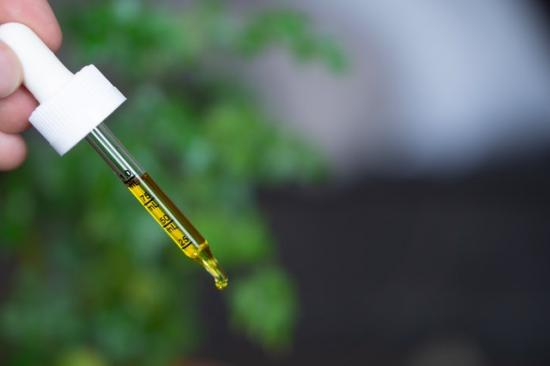
Is CBD a Biohack?
Have you heard about cannabidiol (commonly shortened to CBD)? It’s one of the most controversial supplements on the market today, and for good reason.
CBD is one of 85 cannabinoid chemicals found in the cannabis (marijuana) plant.[1] THC, the molecule that gets you high, is in the same family, but unlike its mind-altering cousin, CBD from cannabis is totally non-psychoactive. It’s starting to look like CBD can do all kinds of useful things, from decreasing inflammation to fighting multiple sclerosis. I’m excited about it, and I put together a comprehensive guide here.
But as with many new supplements, there are downsides and grey areas to CBD. Just how Bulletproof is it? Here’s what the research says.
The good: CBD may increase alertness, help you sleep, and make you less anxious
Studies show that CBD can do some interesting stuff. CBD may:
- CBD increases alertness if you take a small dose (15 mg)[2] (rats too)[3]
- Help you sleep if you take a slightly larger dose (160 mg), even if you have insomnia[4]
- Prevent seizures[5][6][7]
- Decrease social anxiety by calming down your amygdala, a part of your brain that controls fear[8] A high dose of CBD (600 mg) also decreased anxiety during public speaking.[9]
- Significantly improve symptoms of schizophrenia[10][11]
Recent research on human cells in test tubes suggests that CBD is a strong antioxidant.[12] CBD outperformed both vitamin C and vitamin E at protecting neurons from inflammation and oxidative damage. CBD also decreased stroke-related brain damage in rats by 50%, although we don’t yet know whether it does the same in humans[13]
There is even a team of researchers working on a trial of CBD as a breast cancer therapy.
So you can see why I’m excited about this stuff! That said, many of the CBD studies on humans are small, so I still have my reservations.
The not-so-good: unexpected side effects, pesticides, and fertilizers
I tried putting CBD in my Bulletproof Coffee (um, on a vessel 200 miles offshore, in international waters) for several days and the CBD caused severe skin dryness and cracking. I normally have very healthy skin.
After some digging, I found an article from the journal of Experimental Dermatology explaining that cannabinoid receptors CB1 and CB2 are present in your skin. The CB1 receptor is on nerves in skin, even the little ones in your follicles, and it may play a role in skin cell maturation. That could explain why my skin got so dry – maybe I had a bad reaction.
It could also have been an issue with pesticides. Pot isn’t food, but it’s still a crop, and many producers spray their cannabis plants with pesticides and synthetic fertilizers to increase yield. Go organic (yes, organic weed products exist) to avoid the unwanted chemicals.







